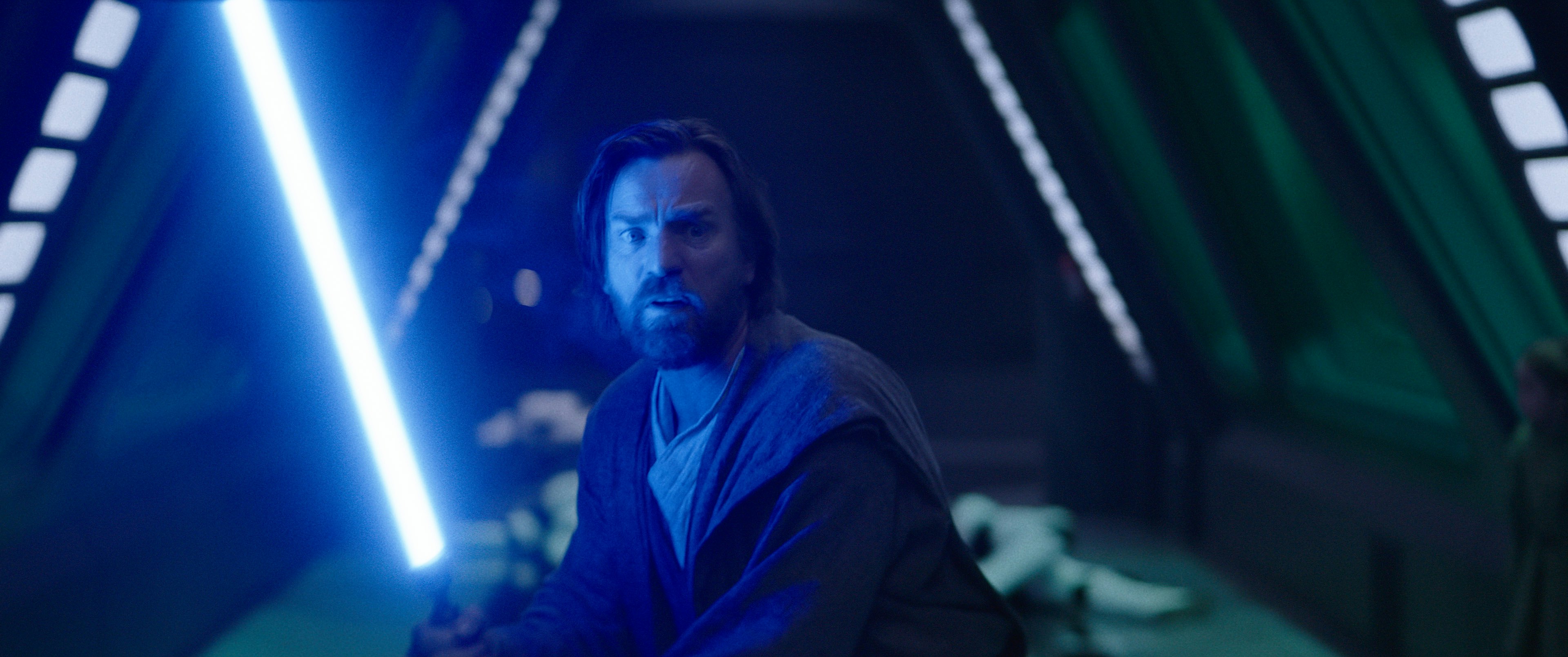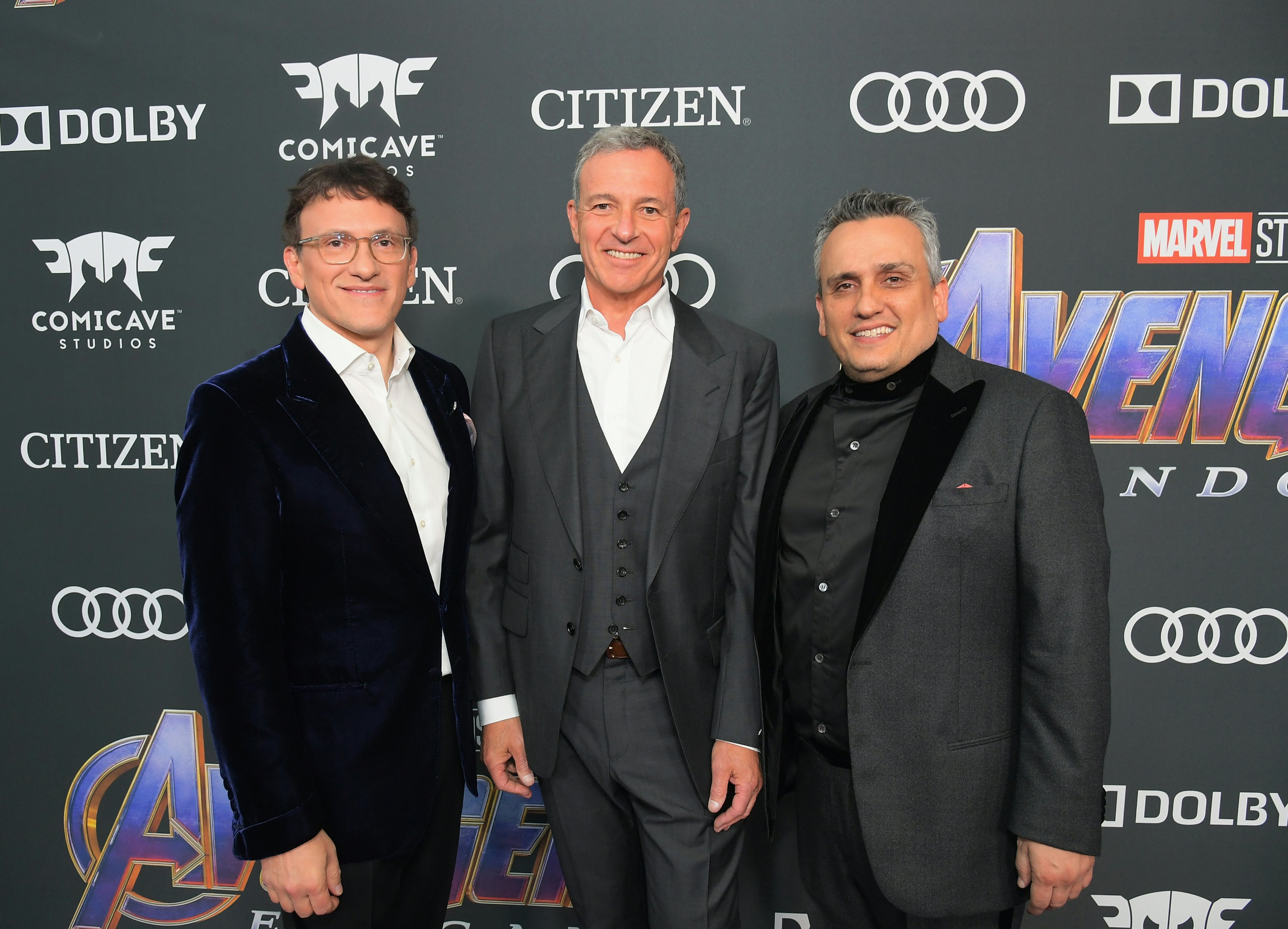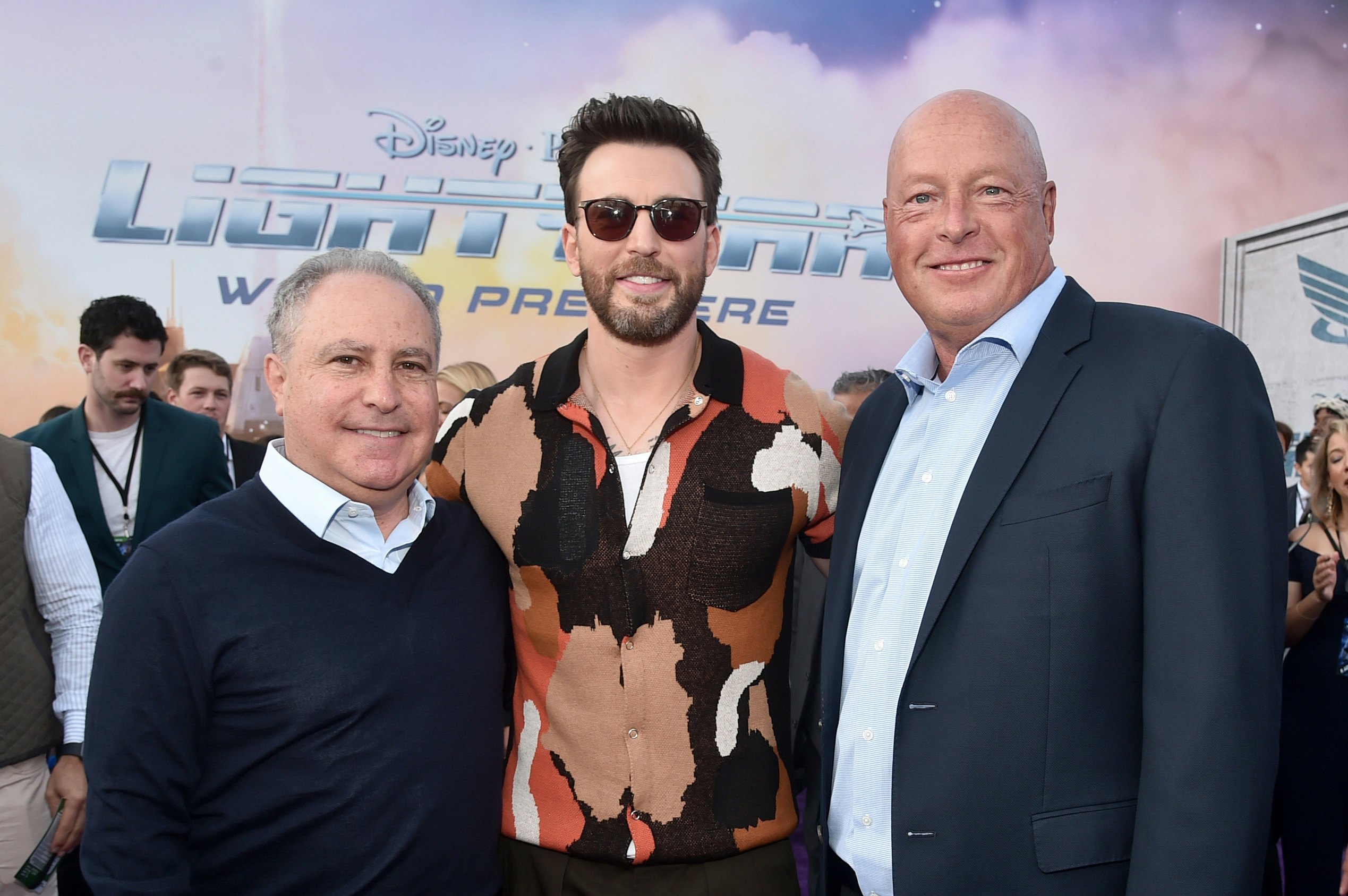
Like Thanos at the end of Avengers: Age of Ultron, Bob Iger is doing it himself.
On November 20, Iger returned to his former position as CEO of Disney, replacing his former protégé Bob Chapek, effective immediately.
Iger has wasted little time. He already fired one of Chapek’s most important hires: Kareem Daniel, who oversaw Disney’s expansive new division, Disney Media & Entertainment Distribution. Basically, Iger just fired Chapek’s streaming guy.
Both CEOs know the value of the Marvel and Star Wars franchises as vital components in its vast portfolio. Iger oversaw the acquisitions of Marvel and Lucasfilm during his first 15-year reign from 2005 to 2020, and it’s been Chapek who shepherded newer releases and worked with Marvel Studios and Lucasfilm on projects that have yet to premiere.
But the two CEOs inhabit philosophical universes that couldn’t be further apart.

According to Josh Spiegel, a pop culture journalist of over two decades and writer of the Disney newsletter That Still, Small Voice, there’s one huge difference between Iger and Chapek that helps explain this dramatic corporate shake-up.
“Iger is an effective corporate communicator. Chapek is not,” Spiegel tells Inverse via email. “That’s the key difference from the outside in. Iger would have held firmer for his Cast Members during the Don’t Say Gay controversy. Chapek did not. Iger would not have criticized A-List actors for salary differences, like with the Scarlett Johansson story. Chapek did.”
“If Chapek hadn’t been so aggressive with streaming, he might still be at the studio.”
Crossing the streams — Where Chapek and Iger critically differ is in their grasp of streaming. Both Bobs saw streaming as the future for Disney. But it was Chapek who doubled down on that future, at the literal cost of the company.
“Disney+ started with Iger,” Spiegel points out, “But I think Chapek went overboard in shoving everything to streaming even well past the point when the pandemic had eased enough so audiences felt comfortable in theaters. Chapek saw no end to using streaming to cut costs, and that proved to be part of his downfall.”
Adds Spiegel, “If Chapek hadn’t been so aggressive with streaming, he might still be at the studio.”
The Marvel and Star Wars franchises are pillars Disney grew reliant on over the last decade. Both have raked in billions at the box office with movies like Star Wars: The Force Awakens and Avengers: Endgame. These crucially inspired the must-see content for streaming. Disney+ launched in late 2019 with the buzzy Star Wars smash The Mandalorian. It was just in time, as the Covid-19 pandemic made streaming a critical source for people’s entertainment.
Disney+ was a product of Iger, with its origins going back to 2015. But as the streaming competition grew tougher, Chapek over-committed to it.
“The way Chapek steered as much as possible to the service, including many very expensive titles like Andor, just served to show he wasn’t following audience attention in the right direction,” Spiegel observes.

Bob Chapek’s mistakes — As CEO, Chapek made a number of other, non-streaming-related decisions that proved unpopular. For example, Disney’s theme park regulars have cited a degradation of the experience they believe is Chapek’s doing.
But overloading Disney+ with content, sometimes with Marvel and Star Wars overlapping (as in the case of Ms. Marvel and Obi-Wan dropping new episodes in the same week) took place under Chapek (and perhaps under Chapek’s orders). This likely contributed to divided attention among the audience.
“At best, he was just trying to keep Iger’s boat afloat.”
The reinstatement of Iger happens amid financial turmoil for the titan. Fourth quarter results on November 8 reveal it fell short of expectations for its business. While Disney+ subscriptions found 164.2 million new subscribers in Q4 2022 (more than the 160 million that was predicted) Disney warned of slow growth for the streaming platform in Q1 next year.
Many of the Marvel and Star Wars offerings that made it to Disney+ in 2021 and 2022, from WandaVision to the acclaimed Andor, began development under Iger. Spiegel says Chapek now leaves Disney with “very little stamp of his own.”
“At best, he was just trying to keep Iger’s boat afloat,” Spiegel says.
Still, the current shape of the Disney boat is Chapek’s doing, and now is Iger’s to steer.

Marvel is rather well-oiled by now (unless we’re talking about the revolving door of directors for the Mahershala Ali-led Blade), but Lucasfilm is in murkier waters. The Patty Jenkins-led Star Wars: Rogue Squadron was originally set to be the first theatrical Star Wars movie since the Skywalker Saga (and, again, it started under Iger). But the movie endured so much turbulence under Chapek that, by September 2022, it was off Disney’s schedule.
While there are more Star Wars movies in development, with talents like Rian Johnson, Taika Waititi, and Damon Lindelof involved, we’re still years away from the next major Star Wars movie (if not longer). But there are more streaming Star Wars shows on the way, including more Andor.
“I would imagine we’re still going to get continuations in the MCU like Blade and Deadpool 3, partly because Kevin Feige is in charge there, and has kept things moving fairly smoothly over time,” Spiegel says. “But Lucasfilm remains such a question mark — are we getting a Lando show? Any new movies? It was becoming unstable before Iger left and no less so now.”

No Star peace for now — This bleak performance by a powerful entity like Disney is part of the narrative surrounding Iger and Chapek. Once close as executive and friends, a personal falling out between the two underscored their division in entrepreneurial and leadership philosophies. In short, the two behaved, acted, and thought different, and that difference dictated how Disney more or less survived the last few years.
For Marvel and Star Wars fans who are fans of its newfound prominence in streaming, the immediate future is hard to grasp. But one thing’s for sure: change is coming.
“Marvel is likely set for a while,” Spiegel says. “But Lucasfilm continues to struggle to define itself or its future, so predicting what will come of their future streaming projects is a fool’s errand. They need Iger to refocus their efforts moving forward, or they may become the weakest acquisition of his first tenure.”







